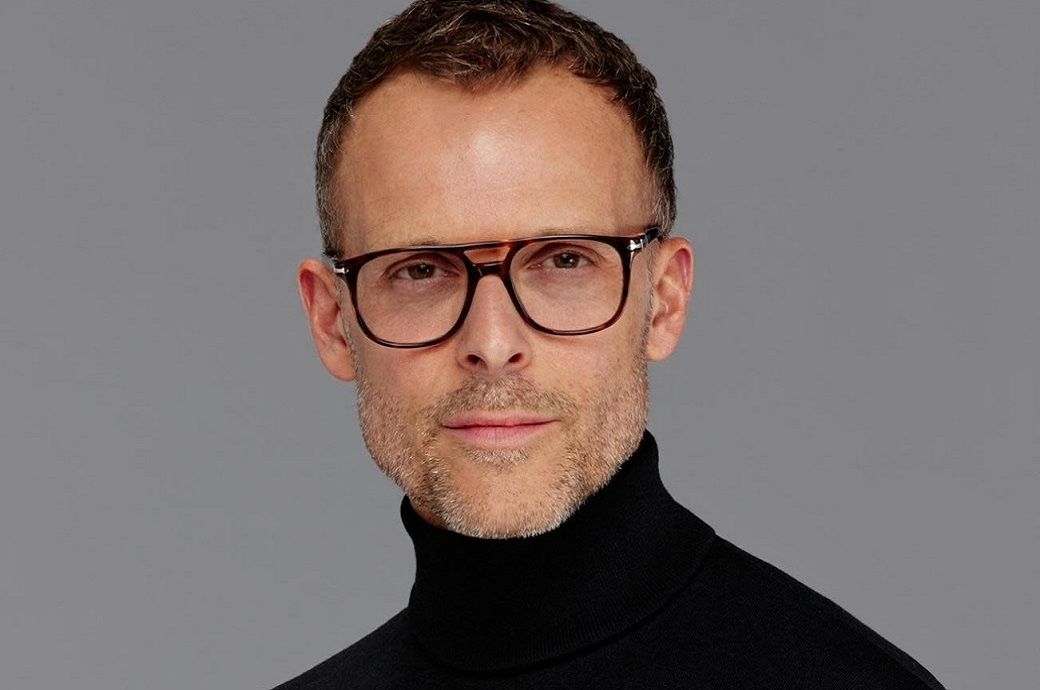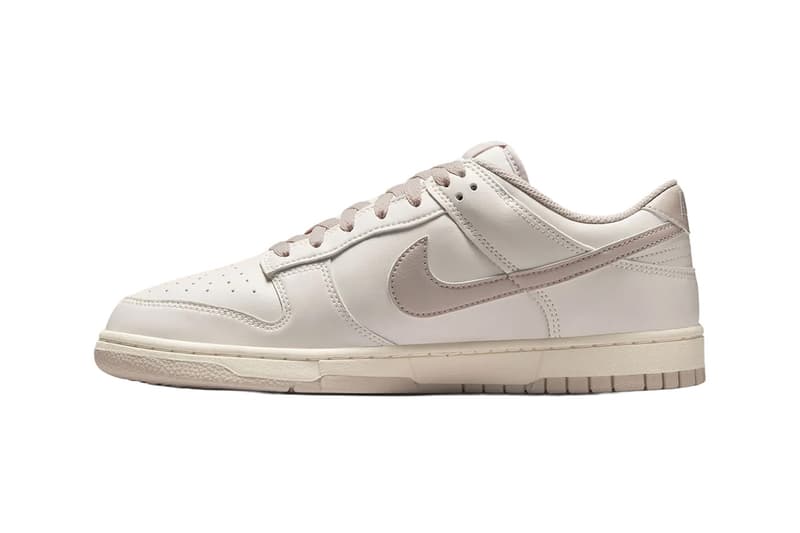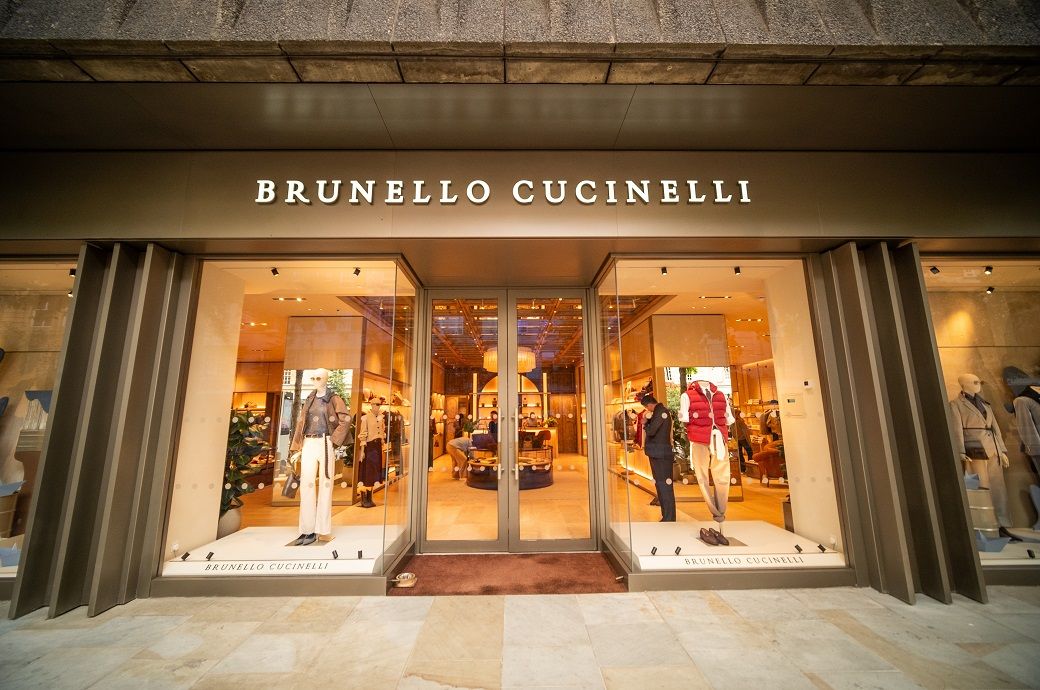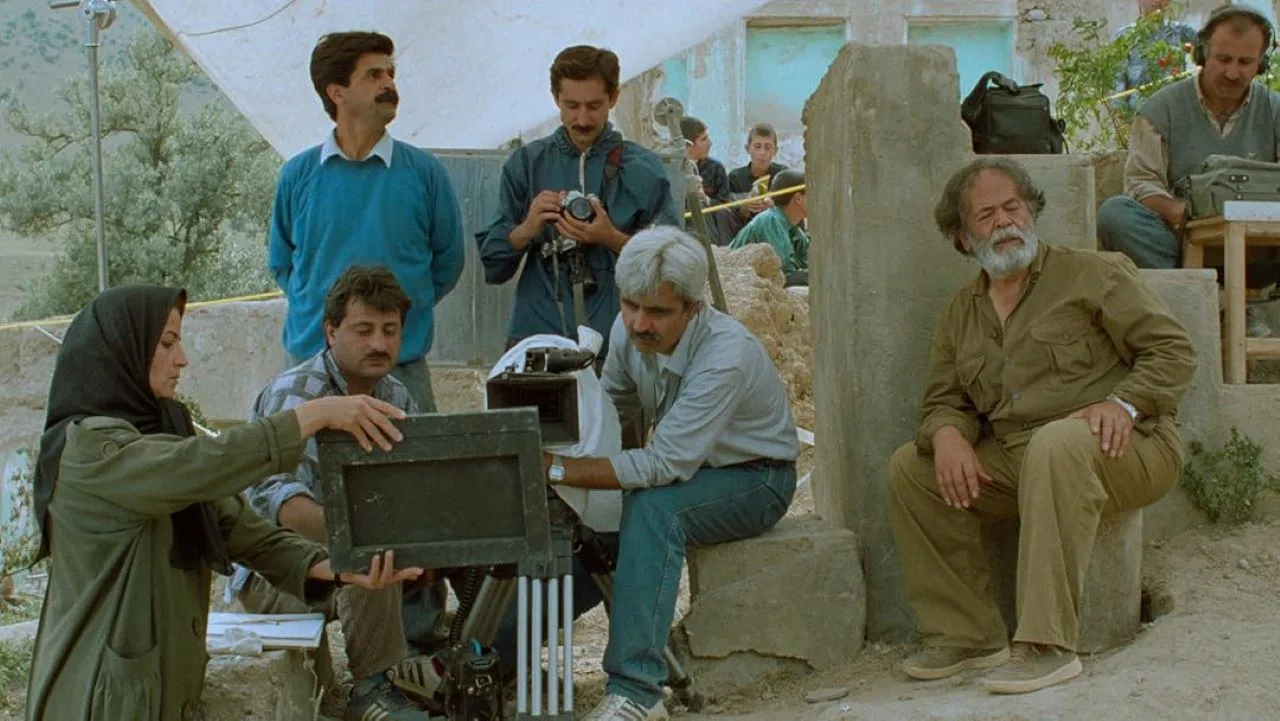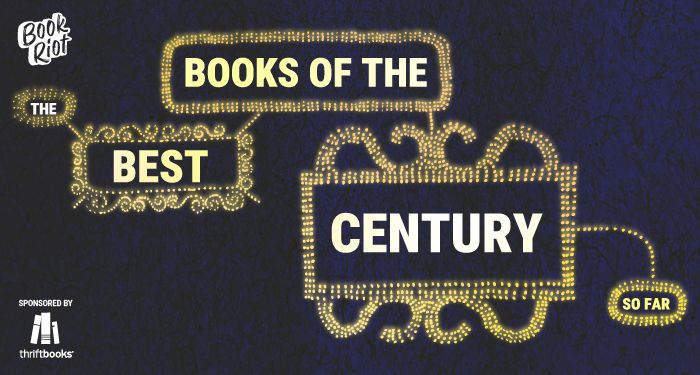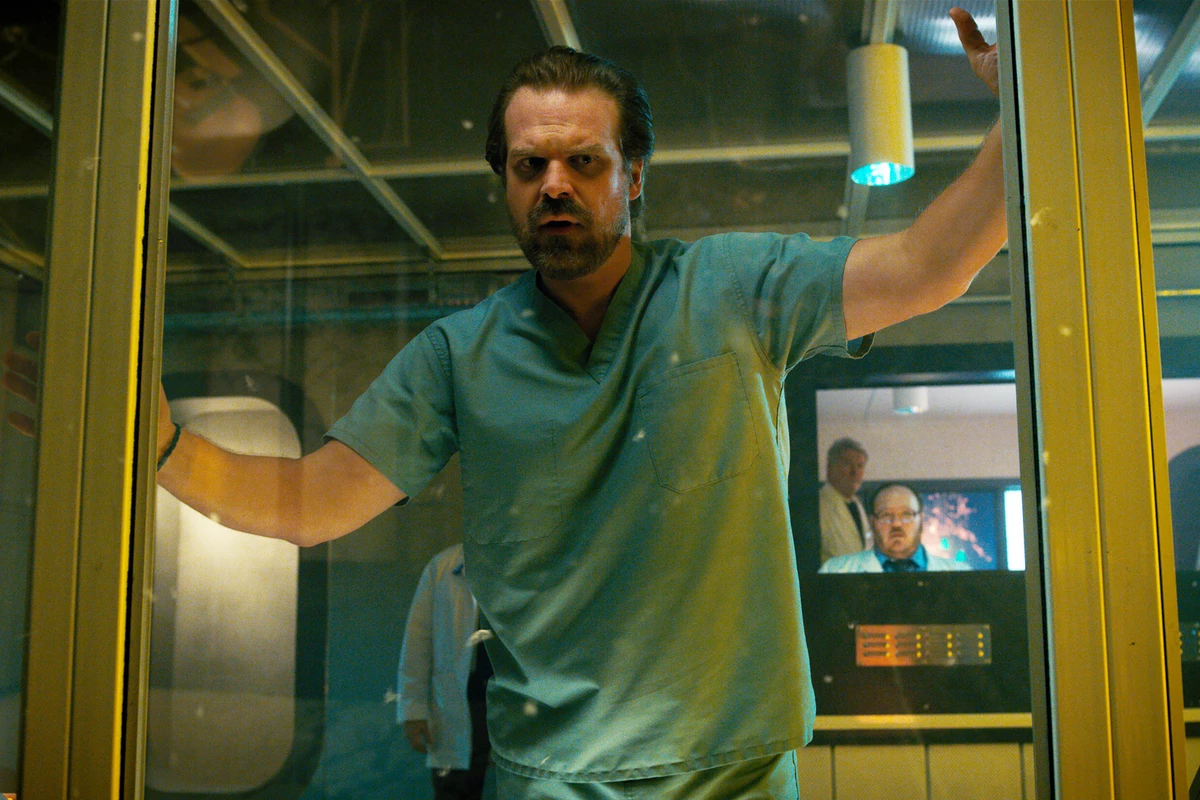[ad_1]
Matthew Mills, CEO, and Ron Tchorzewski, CFO of Med-X are accustomed to hearing directly from consumers about the products the Canoga Park, California-based company produces.
But one recent call nonetheless surprised Mills when he heard about a new feature of one environmentally friendly products they make, Nature-Cide: a customer phoned eager to share his excitement that he succeeded in discouraging geese from lounging on the lawns at the lavish homes he was contracted to treat on the banks of Lake Michigan.
“There are times that we learn from them,” Mills said, of a product originally developed to deter rattlesnakes around Santa Monica and Malibu.
That customer enthusiasm is indicative of an uptick in interest they say they see in more organic treatments and is prompting ongoing strategic planning around everything from pricing strategies to preventing supply chain backlogs.
In the following interview, Tchorzewski talks about how the company, which also has two other product lines, Thermal-Aid, focused on pain management and Malibu Brands, a homeopathic line, is navigating an inflationary economic climate and cultivating relationships with consumers.
At a time when there are increasing inflationary pressures, what strategies are you relying on the most day to day?
I believe that a key strategy in fighting inflation is to build a solid working relationship with your suppliers by getting an understanding of what issues they may be facing such as labor, supply chain issues, etc. By doing this we can determine what impact it may have on our inventory purchases, so we do not get caught short in having inventory to supply our customers. In addition, this could alleviate last minute “rushed purchases” at a higher cost.
Another strategy would be in regard to increased freight charges due to higher fuel costs the freight carriers are incurring and passing on. For example, we try to work with our customers’ purchasing departments to have them order in full pallets versus by the case.
Can you expand on how you build a solid working relationship with your suppliers? Is there a good example of what have you found to be really effective?
Basically we have a couple key suppliers and we’re constantly in touch with them. We get information to them ahead of time about potential forecasts of our needs going forward. They’re better able to plan and also we’ll get better pricing on volumes, but they’re also willing to hold some of that inventory for us until we actually need it.
Given today’s inflationary environment, it’s hard to anticipate where we might be six months to a year from now, what does that mean for how you do your forecasting? Have you had to change or adapt any of your policies?
We’ve been able to identify where our growth is going to be, and by working with our suppliers that helps us keep our increases to our customers down. And I think that has given us an advantage. Other suppliers may have a price increase every six, seven months where we’re able to develop our pricing strategy in such a way that we take into consideration potential increases in cost, and yet still keep our margins as well as help or our customers keep their margins at a reasonable level.
Given the current interest in greener solutions, what specific steps are you taking for managing sustained long-term growth?
Nowadays, people are becoming more concerned and aware of the importance of protecting their own health and the environment. With that being said, we need to continue be in the forefront of new product innovation and communicating, not only to our customers but to the everyday consumer, the benefits of all-natural products. Continuing to educate the masses about the hidden dangers of toxic chemicals is a key to solving many environmental and health issues. By doing the above, the more the consumer becomes aware of the issues, the more they will naturally pursue healthier alternatives.
We also are constantly looking for ways to expand our sales channels such as expanding our e-commerce focus as well as planning new additions to our product lines throughout all divisions. We are also looking at expanding our sales channels to encompass potential international activity.
What are the biggest challenges Med-X is facing in the year ahead?
Like a lot of growing companies, some of the key challenges we face are dealing with inflation. If the end consumer must watch their dollars and cents, the need for our products may not be as appealing to them. Relating to Med-X, we may be faced with increased prices of our raw materials needed for production. Then there are supply chain issues: if our suppliers have issues obtaining their materials for production of our materials, it could impact our ability to deliver to our end customers. And there are labor pressures:as our business continues to grow, we will need to hire additional personnel in key areas such as sales, finance, R&D, etc.
What are some tools or techniques you’re relying on to meet those challenges?
As I mentioned previously, working with our suppliers to obtain the best pricing for our raw materials. Also, we are working with our customers to develop forecasts of their needs so we can better negotiate with our suppliers for better pricing.
Regarding the labor concerns, we continue to offer a family-oriented work environment with competitive benefits. We have a history of hiring and retaining employees. For example, as of now our current employees have an average tenure of approximately six years—a significant achievement in today’s labor environment.
Given the ongoing risks of rising interest rates, supply chain challenges and a tight labor market, looking ahead, what are the biggest risks you foresee affecting your company and sector and what have you found effective at countering them?
I would say the biggest risk that could impact the company is our country’s economic condition. To counter this risk, as well as any other, we will continue to be proactive in implementing our vision and mission which is, “Making a difference is not always about the monumental moments, it’s about the everyday moments.” There are three principles that truly affect the quality of our lives—health, wellness and peace of mind. These impact all of us, and this is what drives the Med-X Team to educate and innovate.
We also continue to be proactive and do not have only one plan when addressing an issue but try to also have a Plan B as an alternative solution.
What are you seeing with supply chain issues?
We’ve been pretty lucky. With two of our divisions, the products are made here in the U.S. One we do bring in from China, but we’re staging 12 months out. So the supply chain hasn’t really hit us hard. We thought it was going to during Covid. But we just got lucky, and we ended up getting the products that were sitting out in the ocean for, you know, an extra two months. Being able to forecast out 12 months’ worth, we can stage that with our supplier. We usually provide a small deposit to get the production started, but again, because of that relationship that we’ve built with our vendor they’re willing to produce it and hold it and ship to us when we need it. And then pay for the rest of it when once it hits the factory. So again, that relationship that has been developed over many years has definitely helped us in the long run.
[ad_2]
Original Source Link

























